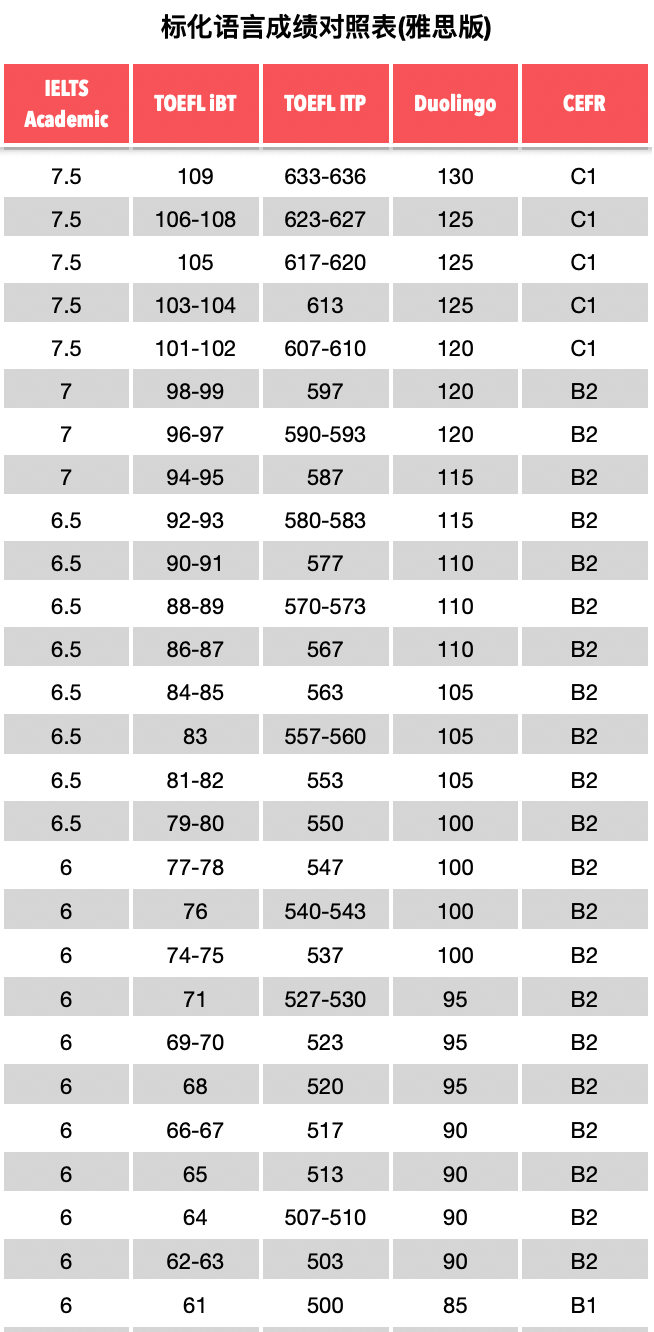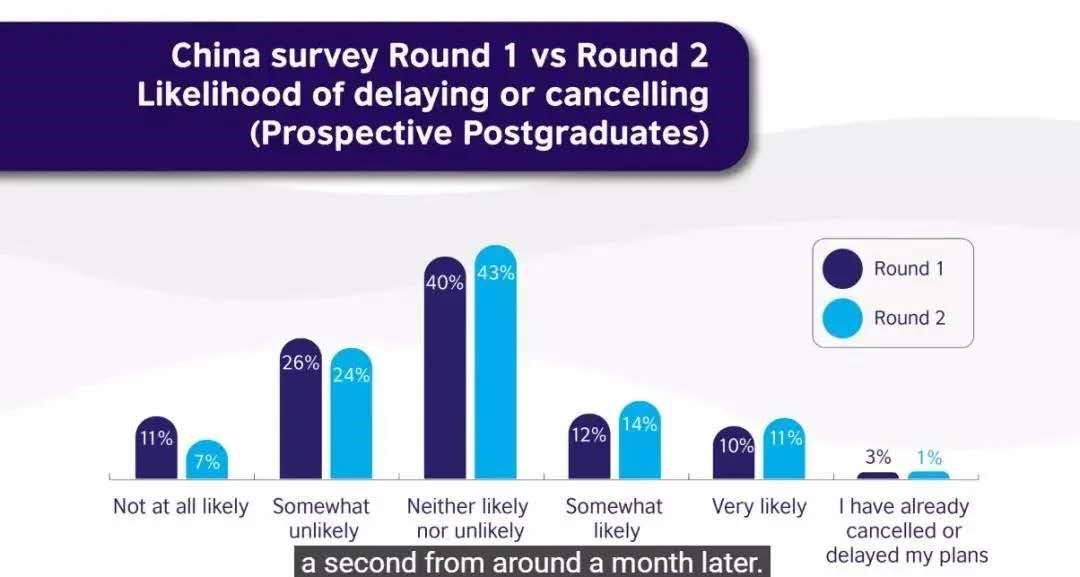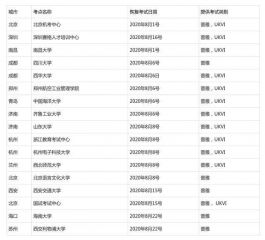托福听力考试的题型是比较固定的,并不会突然冒出一些大家没见过要求奇奇怪怪的特殊题型。今天小编给大家带来托福听力常见题型解题思路讲解,希望能够帮助到大家,下面小编就和大家分享,来欣赏一下吧。
托福听力常见题型解题思路讲解:结构题和态度题
结构题
结构题是以录音材料的行文结构、展开顺序作为考查内容的题型,常见的提问方式有以下几种:
What is the organization of this passage?
How is the lecture organized?
What method does the professor use to develop his idea?
在实际考试中,结构题考得并不多,但是解答起来却令很多考生感觉头疼。因为任何一篇录音材料都不会主动讲出“本文是一种怎样的结构”,因此想从讲述人所说的内容中直接找到答案是很困难的。那么想解答这种题目,考生就需要在复习时熟练掌握托福听力的录音材料有哪几种常见结构,每种结构有什么特征。只有这样,在做题的时候才能够做到有针对性地听题。
态度题
态度题是考查说话人对某话题所持的态度的题型。这种题型考查的范围比较广泛,有些题目考查说话人对某人的态度,有些则考查说话人对某事件的态度,还有的题目会考查说话人对某观点的态度。态度题常见的提问方式如下:
What is the professor’s attitude toward the expert on the television programme?
在解态度题时,讲话人的语气和语调是一个非常重要的解题因素。在录音中,如果说话人突然出现声音变大、语调降低或者说话重复、结巴等现象,往往都从侧面表明了其对某一事物所持的态度。考生在听到这样的句子时一定要加以辨识。
2020托福听力练习:害羞的鱼类更喜欢追随同样胆小的鱼
When you think of a leader, you may think of an individual who is above all bold. But a new study of fish called sticklebacks shows that shy individuals actually prefer to follow fish that are similarly timid.
Researchers had trios of sticklebacks with known personalities play follow the leader. The fish were placed in a tank that had some plastic plants at one end and some food hidden at the other. In some of the groups, a bold fish and a shy fish acted as leaders, while another shy fish followed. And in other groups, it was a bold fish that did the following. The researchers recorded whether the follower sallied forth more frequently with the fish that was behaviorally similar or the one that was different.
What they found is that shy fish were more likely to emerge from under cover when an equally wary fellow was already out there. Bold follower fish did not seem to care which leader they followed.
Of course, no matter which fish a stickleback chose to stick with, the bold fish did lead more expeditions over the course of the experiment than their more retiring friends. That’s because the bold fish initiated more trips, regardless of who might be tailing them. The findings are in the journal Biology Letters.
The researchers write that "when offered a choice of leaders, sticklebacks prefer to follow individuals whose personality matches their own, but bolder individuals may, nevertheless, be able to impose their leadership, even among shy followers, simply through greater effort." We may soon see if such tendencies also hold true in humans, when Americans decide who they’ll follow in November. Unless, of course, something fishy happens.
你可能认为领导者通常都是非常大胆的个体。但是一项有关刺鱼的新研究表示,害羞的鱼类更喜欢追随同样胆小的鱼。
研究人员将已知性格的三只刺鱼分为一组,观察它们追随领导者的情况。刺鱼被放在一个水箱里,水箱的一头有一些塑料植物,另一头藏有一些食物。在有些组中,一只大胆的鱼和一只害羞的鱼充当领导者,而另一只害羞的鱼则跟随它们。而在其他组中,跟随的却是一只大胆的鱼。研究人员记录了跟随者采取行动的频率,看它们是跟随行为相似的鱼出现的次数更多,还是跟随性格相反的鱼出来的次数更多。
研究人员得出的结论是,当同样谨慎的鱼出现时,害羞的鱼更可能从遮蔽物中出来。大胆的跟随者似乎并不在乎它们跟随的领导者是谁。
当然了,在实验过程中,无论一只刺鱼选择跟随哪只鱼,大胆的鱼领导的探险多于腼腆的鱼。这是因为无论是谁在跟随,大胆的鱼发起的探险更多。实验结果发表在《生物学通讯》上。
研究人员写道:“在可以选择领导者时,刺鱼更喜欢跟随在个性上同自己相符的个体,但是即使在害羞的鱼中间,较大胆的个体也能通过加倍努力来施加它们的领导力。”我们很快就会看到这种趋向性是否同样适用于人类,因为美国人将于今年11月决定他们要追随的人选。除非发生可疑的事情。
1. sally forth 勇敢投入;
例句:With these desperate speeches he sallied forth upon the desiegers.
说完这些绝望的话,他就朝围攻的人冲去。
2. be likely to do sth. 可能(做…)的;有(…)倾向的;
例句:The fires are likely to permanently deforest the land.
这些火灾很可能会彻底毁掉这片土地上的森林。
3. stick with 紧跟;紧随;和…呆在一起;
例句:Tugging the woman's arm, she pulled her to her side saying: 'You just stick with me, dear.'
她拽着那个女人的胳膊,将她拉到自己身边说:“亲爱的,你就跟我呆在一起。”
4. regardless of 不顾;不管;不论;
例句:We will do it regardless of what might happen.
不管情况怎样,我们决意这样做。
5. hold true 同样适用;
例句:This law is known to hold true for galaxies at a distance of at least several billion light years.
这个定律被普遍认为同样适用于至少数十亿光年之远的星系。
2020托福听力练习:美国总统候选人或因逃避问题受到指责
This campaign season, there's been plenty of name calling and lots of accusations.
David Clementson, a PhD candidate at The Ohio State University, has been keeping tabs.
"I mean there was one debate where Rubio and Cruz were just all over Trump, accusing him of dodging questions."
"But that doesn't answer the question."
"He didn't answer…"
"You have yet to answer a single serious question about any of this."
Clementson wanted to see if claims of question dodging actually held up, historically—not necessarily in the unique case of Trump.
So Clementson analyzed the transcripts of 14 presidential debates, from 1996 to 2012.
Overall, he found 51 accusations of question dodging—26 by Dems, 25 by Republicans.
A third of the time, the accused candidate did in fact go off-topic.
But in every single case, the accused candidate still mentioned the question topic.
Meaning that most of the time, he says, candidates are unfairly accused of question-dodging.
The results are in the Journal of Language and Social Psychology.
Clementson's advice for the next debate?
"Just because a politician of your partisan affiliation or your party ID is telling you that the other guy can't be believed, doesn't necessarily mean that that politician is accurately detecting deception."
In other words, don't trust'em.
Because the politician doing the accusing may be the one telling lies.
"Lying Ted…he's a liar."
美国总统大选正展开激烈争夺,而其中却充斥着诸多谩骂及指责。
美国俄亥俄州立大学的博士生大卫·克莱门森,一直在从事这方面的研究。
“我指的是卢比奥和克鲁兹曾一度指责特朗普的逃避问题。”
“但那并不是回答问题。”
“他没回应…”
美国总统大选.jpg
“你还没有回答这个非常严肃的问题”。
克莱门森想要看看逃避问题的主张是否真的会变成对手发难的软肋,过往历史显示在特朗普的这种特例情况并不一定。
因此,克莱门森分析了从1996年到2012年14位总统候选人之间的辩论记录。
他发现,总体上共有51次回避问题受到指责—民主党26次,共和党25次。
而三分之一的时间里,受指责一方的确偏离话题。
但大多数时间内,被指责的候选人仍然在提及相关的问题。
他表示,这表明大部分的时间里,候选人被指责回避问题是不公平的。
这项研究已在《语言和社会心理学》杂志上发表。
而下一轮的辩论克莱门森有什么建议呢?
仅仅是因为你的党派关系中有一位政治家或你的政党身份告诉自己,不能信任对方,这并不一定意味着那位政治家就真的存在欺骗行为。
换言之,不要轻信于人。
因为这位指责于人的政治家也有可能在撒谎。
说谎的泰德,他就是个骗子。
1.plenty of 很多
例句:I had plenty of space to write and sew.
我有足够的空间进行写作和缝纫。
2.want to 想要
例句:I don't want to leave, but I can't go on.
我不想离开,但我继续不下去了。
3.hold up 举起;支撑
例句:She held up her hand stiffly.
她直挺挺地举着手。






